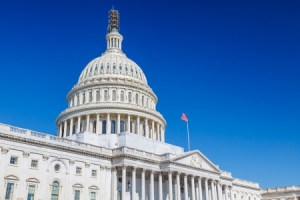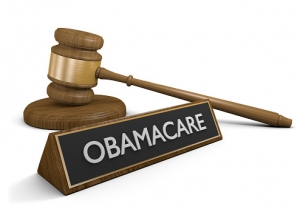Patient Protection and Affordable Care Act
Ever wonder if the Co-Ops created by the ACA offer QHPs with access to APTCs and an ACO network? Yikes!!!
So many acronyms, what do they all mean? There are a number of different acronyms that are regularly used when we talk about healthcare reform. Here are some of those acronyms along with definitions.
Most health insurance professionals have some familiarity about the government subsidies that will be available next year to eligible individuals. These subsidies will reduce insurance premiums and out-of-pocket medical expenses for those that qualify, and will only be available to individuals that enroll in coverage through health insurance marketplaces, also known as the public exchanges.
What will the exchanges look like? What are the exchange deadlines? How will subsidies and payments be processed? There constantly seems to be questions about the health insurance marketplaces, also known as the exchanges.
The Center for Medicare & Medicaid Services (CMS) released a progress fact sheet about the exchanges on April 22, 2013. This new information provides additional details about eligibility and enrollment, plan management, financial management, consumer support and more.
The U.S. Department of Health and Human Services (HHS) has published a draft version of the individual application that will be used for public exchange enrollments starting on October 1, 2013. The application may be as long as 21 pages for some families.
Estimates indicate the online application process will take a minimum of 45 minutes to complete, and it could be even longer for individuals applying for coverage with dependents. Social Security Numbers, citizenship and residency status and employment and income verification are among the items that will need to be disclosed. A recent AP news article indicated the application process "could be as daunting as doing your taxes."










